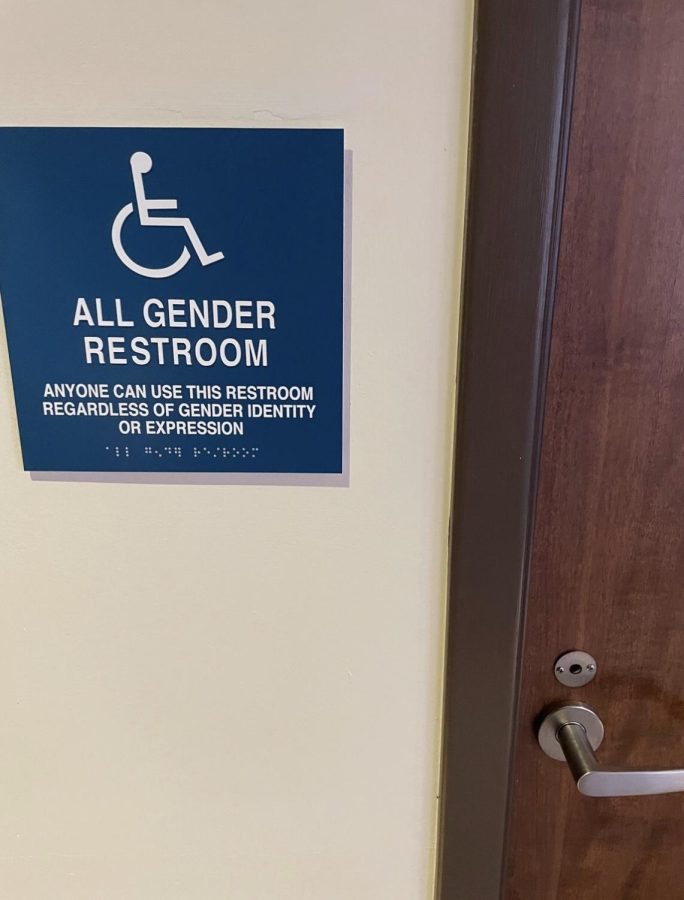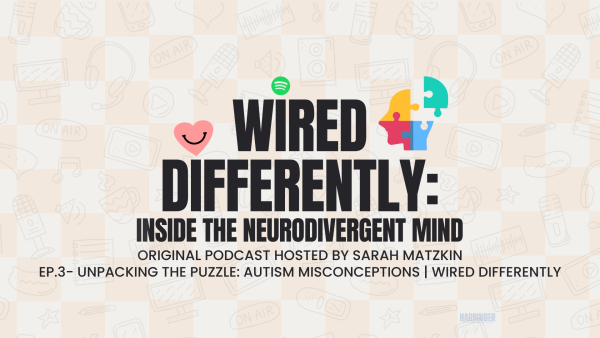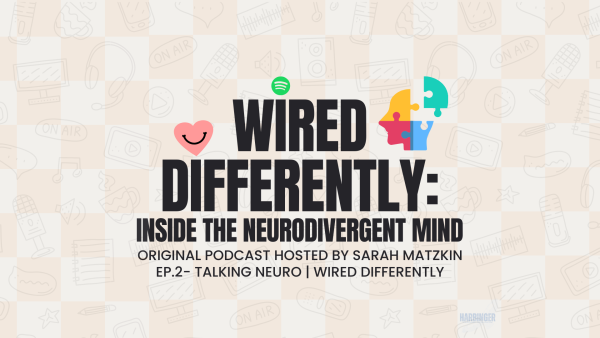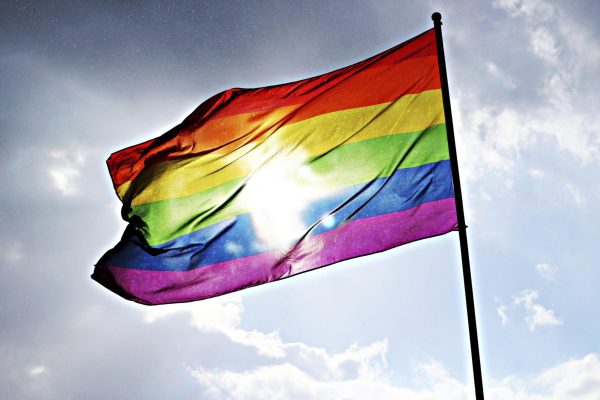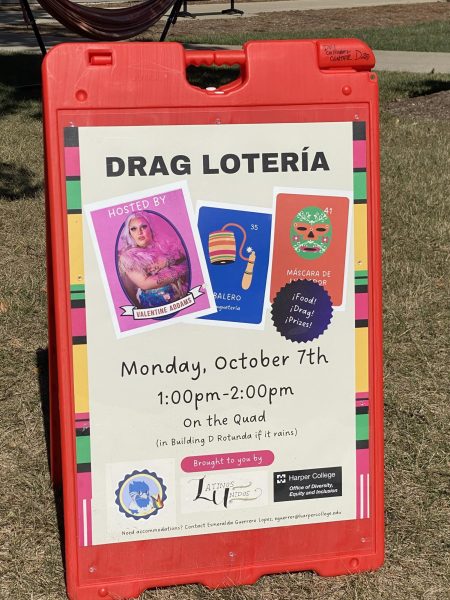Keeping it REAL: my identity is not yours to decide
On Feb. 8, 2022, around 10:30 a.m., I went to the Harper Bookstore to purchase Sharpies. As I went to check out, I gave the cashier my Harper ID to use funds from my account.
The cashier, visibly irritated, told me that the name on the ID doesn’t match the one on their screen.
“Well, the name on my ID is my chosen name, and both names are mine,” I said.
“That is not your name. This is not your real name,” the cashier announced in front of the whole entire line of students waiting to check out.
Startled, I replied, “Well this is my chosen name, and Harper put it on my ID.”
They immediately snapped back in a heightened tone: “You need to tell them to put your REAL name on your ID.”
“That is my real name,” I said firmly, standing my ground.
The cashier then broke eye contact and handed over my receipt and stood in silence.
I walked away thinking, “I guess I’m not real.”
Why did someone on Harper’s payroll feel the need to impress their opinion about my identity? This was not a security concern; Harper IDs are made using the Harper Database, and students are required to fill out a form to have a chosen name on file.
Harper employees need more sensitivity training on what to do when interacting with those who have chosen names and chosen identities —this should not be happening.
The Harper bookstore is a location where most students experience Harper’s campus for the first time. What did this employee gain from reacting that way? What impact would that moment have on a new student? I left that interaction feeling dejected, confused and uneasy.
It’s hard to believe a moment like this happened in 2022. The world is fumbling through an ongoing pandemic, and it has been subjected to a plethora of social injustices. Many are now “woke,” and Harper College has championed itself as a leader in social awareness.
The word real holds a lot of weight. What is real? What is identity? Why does a name matter? Those who have chosen names may CHOOSE to have one due to the effect their former name has on them. This could pertain to past trauma, social stigmas, negative associations or a connection to an identity that is no longer their own.
No one should dictate what is real or not about another person. If someone chooses a name for themselves that is different from their assigned name at birth, it is real and valid.
An example would be if a trans man now chooses to call themselves “Sam,” and their former name was “Sally.” “Sam” is their real name; it is now their true identity.
To call the individual anything other than “Sam” is removing that identity. Using the name “Sally” would not only misgender them, but it would communicate that their existence is not acknowledged as “real” or valid.
Choosing to take away someone’s identity has profound repercussions. I happen to have thick skin, and I advocate for myself when I need to. But there are many who can’t, won’t or don’t know how. Saying someone is not valid or “not real” could have serious consequences on someone’s mental health.
Everyone was given a name at birth; however, everyone has a human right to choose their own identity.
Words matter. Using words to empower one another will only help everyone thrive. Harper employees need to apply the change they wish to see — not just sign off on it.
I hope that by sharing my experience, we can all be more thoughtful and lead with kindness.


